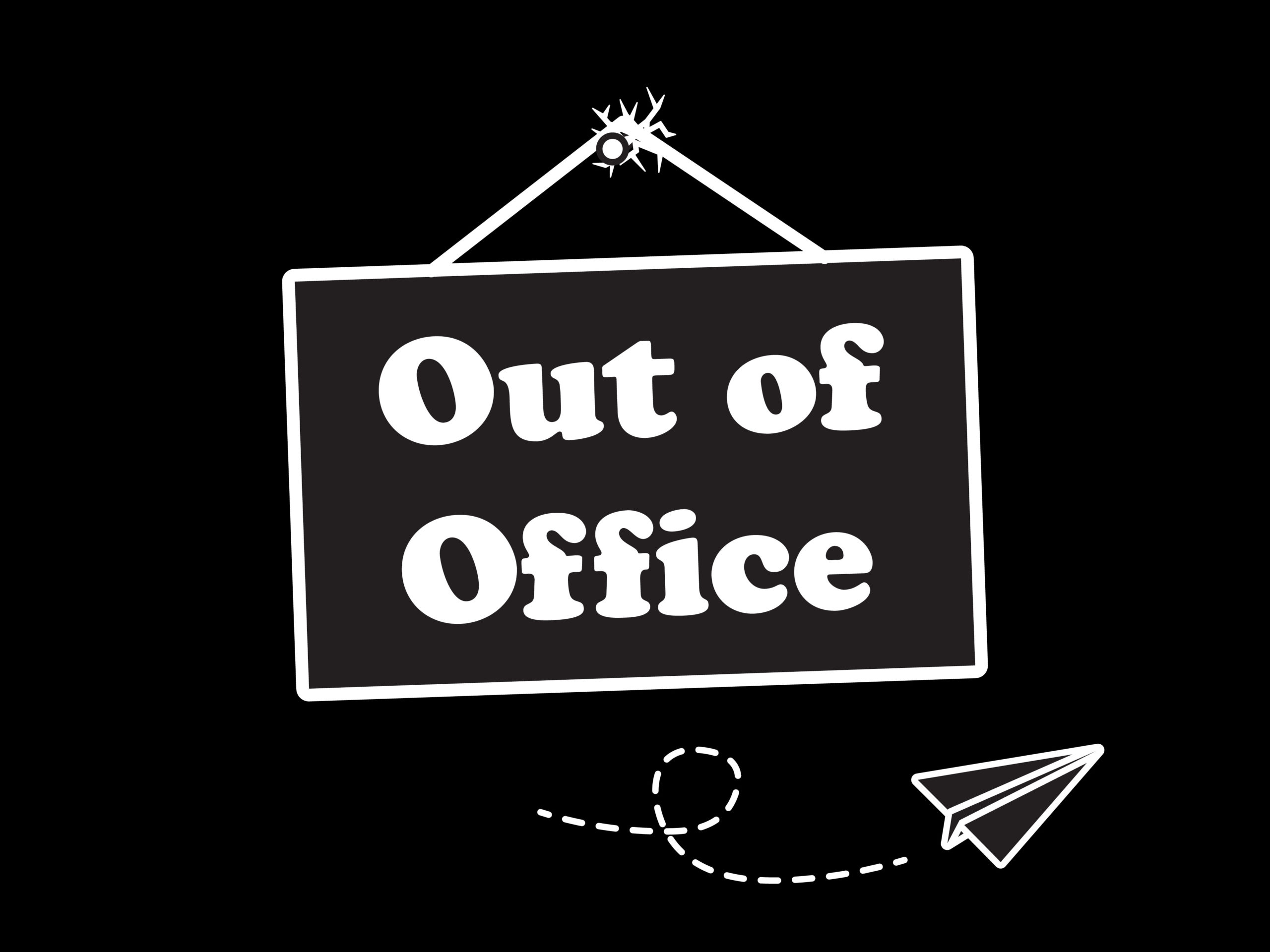The Hidden Harm of Workplace Microaggressions: A Guide to Navigating and Addressing Them

You've heard of workplace “microaggressions”? No? Well, they may be tough to sniff out, but I’ve got you. Allow me to share a few insights on must-knows as it pertains to these sneaky little slights.
Truth is, microaggressions are hard to spot because they are so small. Not only are they small they're also subtle, and often stem from a ‘good place’. Yet, despite their size, they can hurt someone's self-esteem and cause long-term damage. And no, I'm not talking about obvious insults or attacks. I'm talking about comments and actions that can make someone feel “less than” or like they don't belong.
So what do these little slights look like? Well, let me give you a few examples:
“You're so articulate for a [insert minority group here]“ “I don't see color, I just see people” “You're so smart for a woman/girl”
I totally get how these comments can feel harmless and without an ounce of malicious intention. Yet if you take a moment to really digest these slights, you’ll realize that regardless of intentions, they can still hurt a lot. The worst part is that they can come from anyone, even people we work closely with.
But, no worries! I’ve had my fair share of microaggressions and I have a 3-step checklist that helps me navigate these sticky situations.
Step 1: Say Something. Being the recipient of such slights can be infuriating, but it’s important to remain as kind as possible. You could say something like, “That comment made me feel [insert feeling here],” or “I'd appreciate it if you didn't judge me based on [insert trait here].” If that doesn't work, you can talk to HR or have a trusted person mediate a conversation between you and the person who made the comment directly.
Step 2: Take Inventory. It’s easy to dismiss these microaggressions and brush them off to the side. After all, resilience is simply letting things roll off your back right? Wrong?! The inevitable side effects of brushing these slights off are built-up, likely intensified, triggers. So, take time to dive inwards to assess the damage done. Remember to make note of your environment during this inventory. Write all these facts, observations, emotions, and everything in between down; and determine a holistic path forward.
Step 3: Look In The Mirror. More often than not, these slights trigger something systemic or otherwise. Regardless, look in the mirror and remind yourself of how amazing you are! I mean come on, who can do you better than you can do you?! I’ll wait…mhmm. You could say something like “I am [insert positive observation of self here]” or “I can [insert a strength here]. You know what I’m talking about, there are thousands of affirmations you can say to yourself. And if you can’t think of any, Google has your back. The important thing is for you to reset that self-esteem, counter any negative self-talk, and get back out there.
So, there you have it. Even though microaggressions are small, they can substantially affect a person. It's important for all of us to be mindful of our surroundings, watch what we say and respectfully advocate for ourselves and perhaps others when we hear something negative.
Let's collaborate to make our workplaces more welcoming and supportive for all people. By keeping an eye out for microaggressions, speaking up when required, and pushing for positive change, we can make the office a more welcoming place for people of all backgrounds and identities.
See you out there, B
